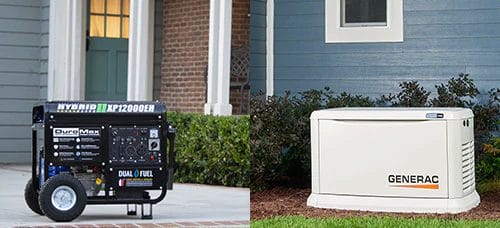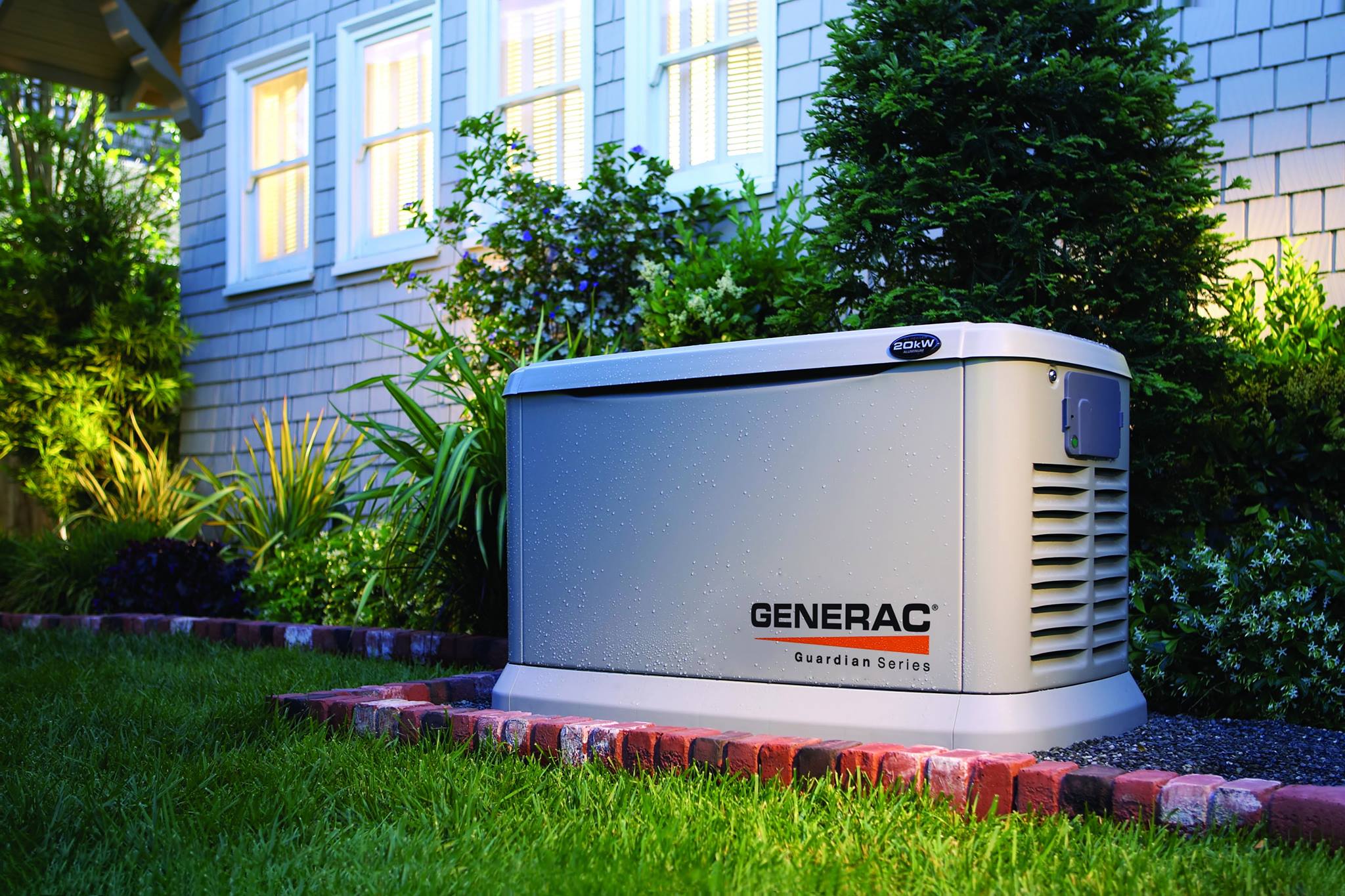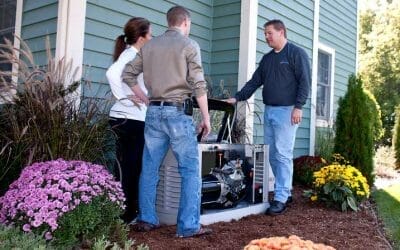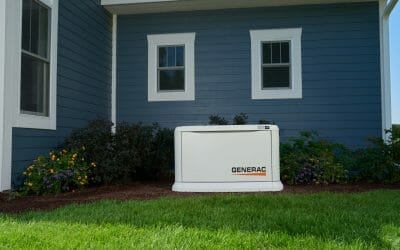In Utah, the weather can be unpredictable, especially during winter. With the risk of power outages, it’s essential to have a reliable source of backup power to ensure your home stays comfortable and functional. One solution is to install a whole home backup generator. But is it necessary for every homeowner in Utah? In this article, we’ll explore the benefits of a whole home backup generator and help you decide if it’s the right choice for you.
What is a whole home backup generator?
A whole home backup generator is a device that provides a reliable source of backup power for your home in the event of a power outage. It is designed to automatically detect when there is a power outage and switch on within seconds to provide power to your home’s essential appliances and systems.
How does a whole home backup generator work?
A whole home backup generator is connected to your home’s electrical system and fueled by either natural gas or propane. When there is a power outage, the backup generator’s automatic transfer switch (ATS) detects the power loss and signals the generator to turn on. The generator then generates electricity and sends it through the ATS to your home’s electrical system, providing power to your essential appliances and systems until the utility power is restored.

Benefits of a whole home backup generator
– Ensures continuous power supply
With a whole home backup generator, you can ensure that your home has a continuous power supply even during a power outage. This is especially important if you have medical equipment or elderly or vulnerable family members who require constant power to run life-sustaining equipment.
– Increases home value
Installing a whole home backup generator can increase your home’s value. Potential homebuyers will see it as a valuable addition that adds to the overall functionality and convenience of the home.
– Peace of mind
Knowing that you have a reliable backup power source in the event of a power outage can give you peace of mind. You won’t have to worry about your family’s safety or comfort during a power outage.
Considerations before buying a whole home backup generator
– Cost
A whole home backup generator is an investment, and the cost varies depending on the size and type of generator you choose. You should factor in the cost of installation and maintenance before making a purchase.
– Fuel source
Whole home backup generators can be fueled by either natural gas or propane. Natural gas is more convenient since it is piped to your home, while propane requires a storage tank on your property.
– Installation process
Installing a whole home backup generator is not a project most homeowners can do on their own. Work with a licensed and insured generator installation company that has experience installing whole-home generators. We have seen and repaired a fair number of improperly installed whole home generators installed by inexperienced electricians, who are most commonly hired by larger and more well-known companies. We are located in Salt Lake City, UT, and have teams in Idaho, Nevada, Colorado, and California.

Types of whole home backup generators
There are two main types of backup generators: portable and whole-home generators.
– Portable generators
Portable generators are smaller, more affordable generators that can provide backup power to a limited number of appliances. They are typically powered by gasoline or propane and require manual setup and operation. Portable generators are not suitable for long-term power outages or powering the entire home.
– Whole-home generators
Whole home generators are sometimes referred to as standby generators. They are larger, more expensive generators that can power your entire home during an outage. They are installed permanently outside your home and are powered by natural gas or propane. Whole-home generators are equipped with automatic transfer switches that automatically turn on when there is a power outage and turn off when utility power is restored.
Choosing the right size for a whole home generator
Choosing the right size for a whole home backup generator is crucial. If the generator is too small, it won’t be able to power all of your essential appliances and systems. If it’s too large, it will waste fuel and cost more than necessary.
To determine the right size of a generator for your home, you need to consider the wattage requirements of your essential appliances and systems. We can help you calculate your home’s power needs and recommend a properly sized generator. Contact us today to get started.

Whole Home Generator Repair and Maintenance
Like any other home appliance, a whole home backup generator requires regular maintenance to ensure it operates at peak performance. You should follow the manufacturer’s maintenance guidelines, which typically include oil changes and checking other components. Many generator manufacturers sell maintenance kits that make the process simple enough that you can do it yourself.
How to prepare for a power outage
While a whole home backup generator can provide peace of mind during a power outage, it’s also important to prepare for an outage in other ways. You should have an emergency kit with essential supplies, such as non-perishable food, water, medications, flashlights, and batteries. You should also have a plan for communicating with your family members and staying informed about the outage.
Conclusion
In Utah and other states, where power outages are not uncommon, a whole-home backup generator can provide a reliable source of backup power for your home. It can ensure that your family is safe, comfortable, and protected during a power outage. However, it’s important to consider the cost, fuel source, and installation process before making a purchase.
FAQs
- How long can a whole home backup generator run?
- The length of time a generator can run depends on its size, fuel source, and load. A standby generator can run for days or even weeks if it has a sufficient fuel supply.
- Can I install a whole home backup generator myself?
- No, installing a whole home backup generator is not a DIY project. You should hire a professional generator installer to ensure it’s installed correctly and safely.
- How much does a whole home backup generator cost?
- The cost of a whole-home backup generator varies depending on the size and type of generator you choose. It can range from $5,000 to $20,000 or more.
- Can a whole home backup generator increase my home’s value?
- Yes, installing a whole home backup generator can increase your home’s value, as it’s seen as a valuable addition that adds to the overall functionality and convenience of the home.
- What is the difference between a portable and a whole-home generator?
- A portable generator is smaller, more affordable, and can provide backup power to a limited number of appliances. A standby generator is larger, more expensive, and can power your entire home during an outage.





